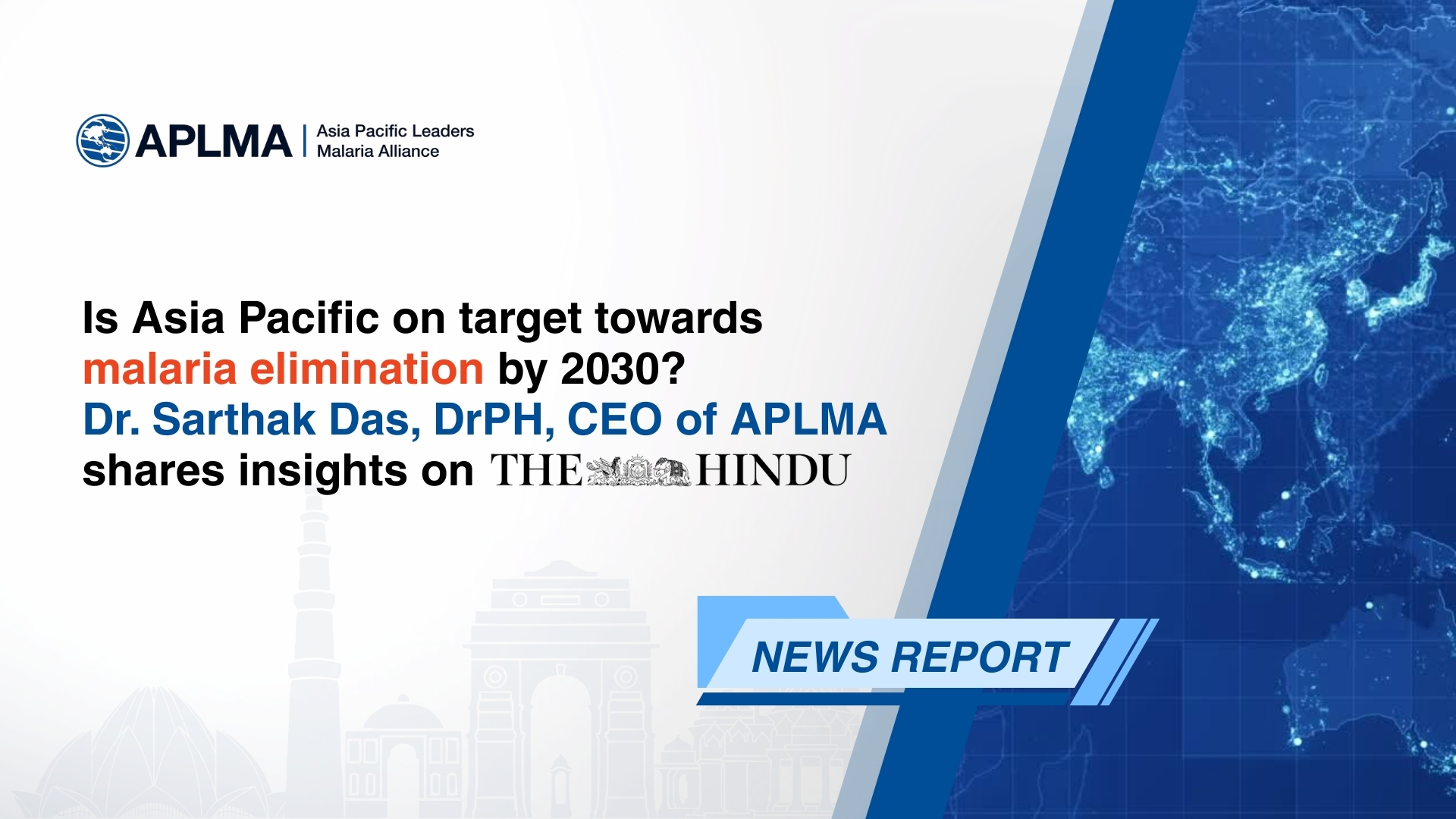
Targeted Malaria Elimination in Indigenous Populations: Strategic Engagement with the Orang Rimba in Indonesia’s Forest Regions
Malaria remains a significant public health challenge in Asia Pacific. Indonesia is no exception – ranking among the top three countries with the highest malaria burden in the region. Despite progress towards eliminating the disease, certain provinces and districts continue to struggle to reach elimination, particularly those with a large proportion of rural and tribal indigenous communities. One such community is the Orang Rimba, a nomadic and isolated ethnic group residing in the lowland tropical rain forests of Sumatra.
The Orang Rimba, or "people of the forest," live in semi-nomadic groups led by a Tumenggung, their customary leader. Their limited contact with outside populations makes access to healthcare challenging. As they migrate, they build temporary shelters, leaving them vulnerable to mosquito bites. Additionally, the expansion of oil palm plantations and ongoing deforestation continue to threaten their livelihoods and heighten the risk of contact with zoonotic malaria carriers, such as long-tailed macaques.
Malaria, sometimes referred to as "demam kuro" by Orang Rimba, is attributed to various factors including mosquito bites, environmental conditions, and dietary influences. To treat malaria, they often use traditional medicines alongside seeking treatment at health centers.
This case study highlights how collaborative efforts through adopting a gender equality, disability, and social inclusion (GEDSI) approach by health authorities and local partners have improved access to malaria prevention, diagnosis, and treatment. Such an approach has also enhanced understanding and perceptions of malaria among Orang Rimba communities and bolstered technical capacities of local health authorities to strengthen malaria elimination strategies.
Key Lessons Learned
- Collaborative Efforts in Malaria Prevention: Successful engagement with hard-to-reach communities necessitates close partnerships with long-standing local civil society organizations, traditional leaders, and local community members. Efforts to reduce the malaria burden among the Orang Rimba involve close collaboration between the Indonesia National Malaria Program (NMP), provincial and district health offices, community health centers, research institutions, and civil society organizations – in particular, Komunitas Konservasi Indonesia (KKI) WARSI. Notably, the inclusion of Orang Rimba community members in community malaria cadres has strengthened local participation in malaria.
- Challenges in Data Collection and Intervention Design: Existing data on specific populations, including Orang Rimba communities, still lack sufficient detail to design tailored and culturally sensitive interventions. Health authorities have undertaken several commendable research initiatives; however, further engagement is needed. Without a clearer and more comprehensive understanding of the unique barriers and inequities experienced by the Orang Rimba, such as difficulties accessing malaria diagnosis or treatment and their perceptions around the causes of malaria, developing effective solutions will remain challenging.
- Intersectional and One Health Approach: An effective response will require an intersectional gender sensitive and One Health approach that addresses overlapping vulnerabilities. This approach necessitates working closely with local leaders and men to improve awareness about the increased risks of malaria during pregnancy and empowering women in making informed healthcare decisions. Additionally, as deforestation and changes in land use increase exposure to zoonotic malaria, environmental and ecological factors must be considered to prevent ongoing transmission to holistically support Indonesia’s malaria elimination goals.
By addressing overlapping vulnerabilities and incorporating culturally sensitive approaches, Indonesia is making significant strides towards eliminating malaria and improving the health and well-being of its tribal and indigenous populations. These insights are shaping how Indonesia approaches malaria elimination in forested and hard-to-reach regions – while offering valuable guidance for GEDSI-focused strategies across the Asia Pacific region.
.svg)




.jpg)




